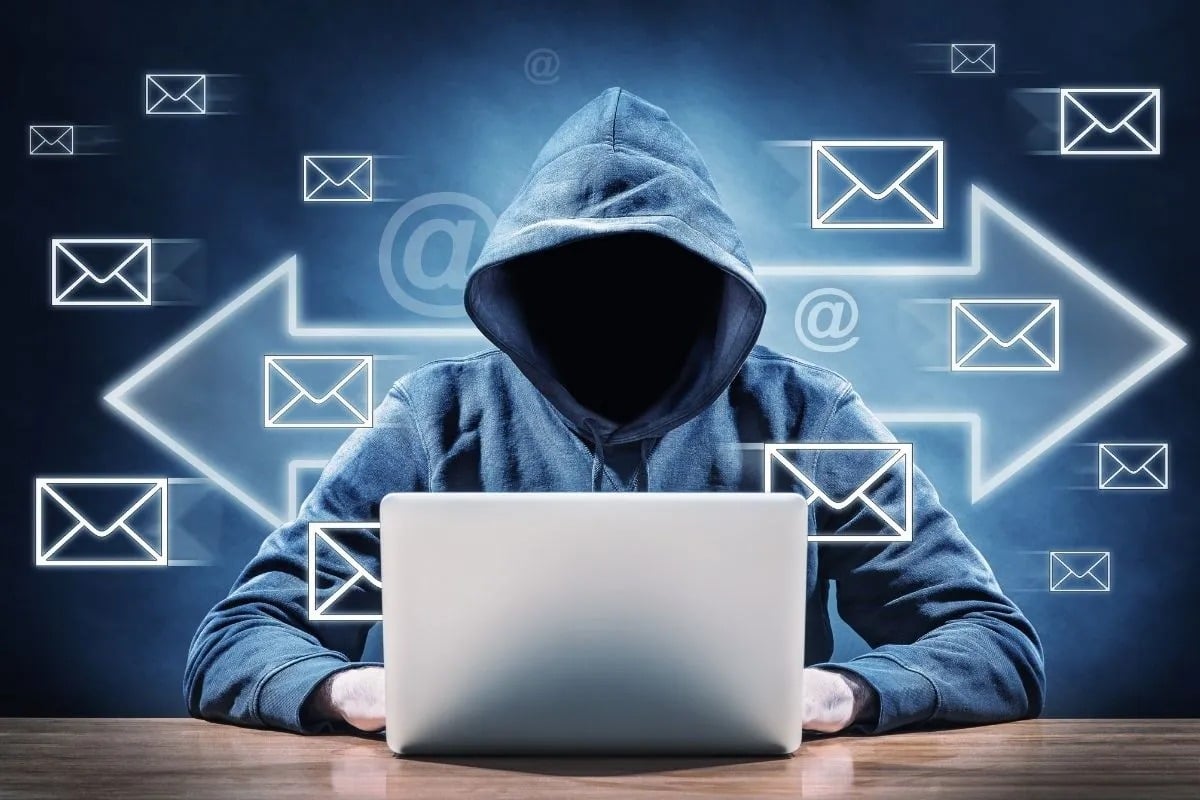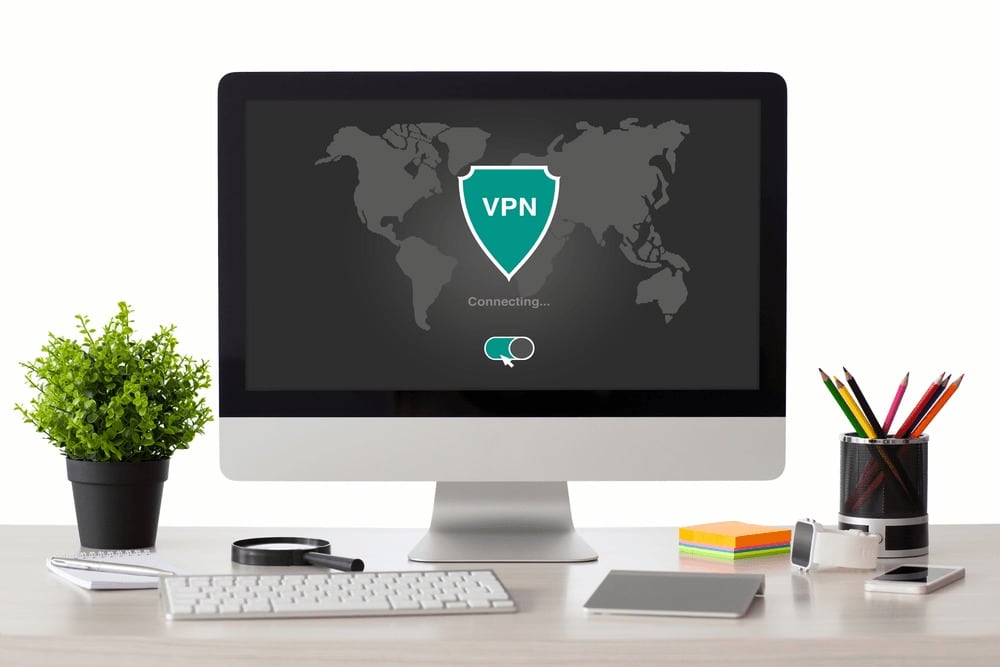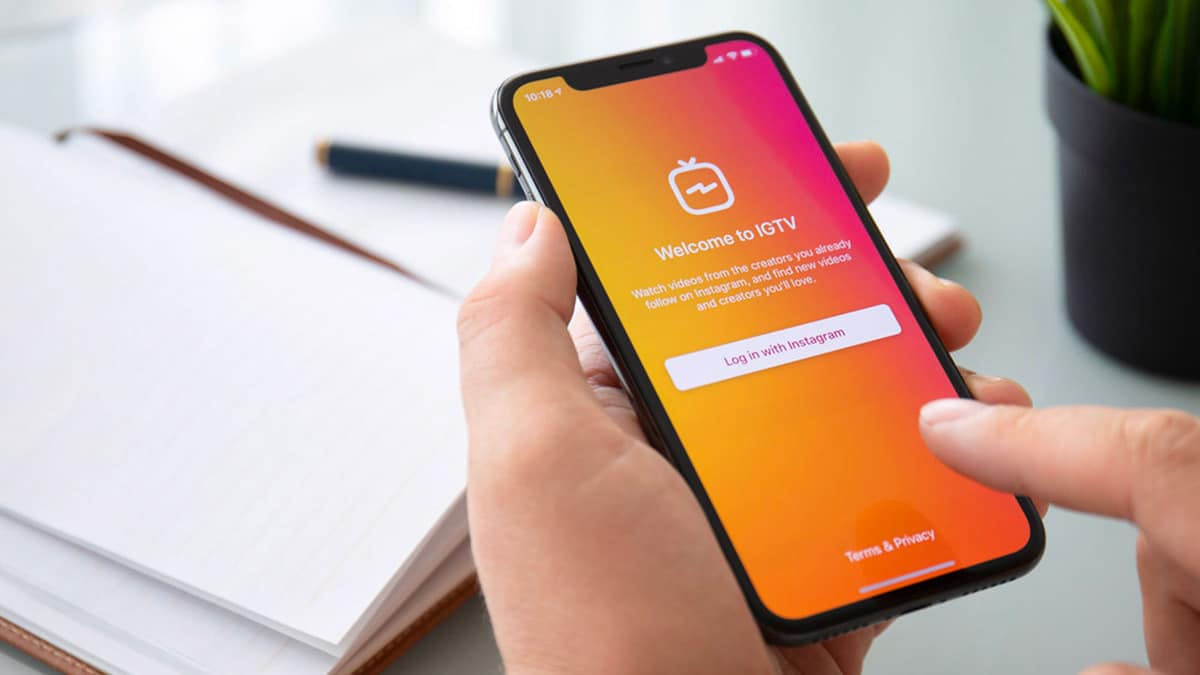Hey there! If you‘re reading this, you‘re likely someone who values privacy and security online. And you‘ve probably heard about Virtual Private Networks – or VPNs for short.
VPNs are great tools for protecting your data and concealing your digital footprint. But you may be wondering – is a standard VPN enough these days? Or do you need something even more secure?
This is where double VPNs come in.
In this guide, I‘ll explain everything you need to know about double VPNs: how they work, who really needs one, the pros and cons, and most importantly – what specifically makes them different from a regular VPN.
My goal is to provide you with a comprehensive yet easy-to-understand resource on this more advanced type of VPN. I‘ll also offer some expert insights from my time in cybersecurity – so you can decide if an upgrade to a double VPN is right for your needs.
So buckle up, and let‘s get started!
What Exactly is a Double VPN?
First things first – what is a double VPN?
A regular VPN protects your data by creating an encrypted tunnel to route your online traffic through to the VPN server. This hides your IP address and keeps your browsing activity private from your Internet Service Provider (ISP) and anyone else snooping on your connection.
A double VPN takes things further by chaining together not just one, but two VPN servers to create two encrypted tunnels.
So your data takes a longer journey:
Your Device > Encrypted Tunnel 1 > VPN Server 1 > Encrypted Tunnel 2 > VPN Server 2 > Internet
This double encryption makes it exponentially more difficult for your online activities to be monitored or your true IP address discovered.
According to cybersecurity expert Samuel Lewis, "Even if VPN Server 1 was somehow compromised, your data remains securely encrypted and protected by VPN Server 2. It‘s like an unbreakable chain of security."
Some key advantages double VPNs offer:
- Almost impossible to trace traffic back to your real location or device
- Extra defense against cyberattacks like DDoS, MITM, etc.
- Bypass geo-restrictions more successfully
- Ensure full anonymity for your online footprint
- Added leak protection if one VPN server gets breached
For journalists, activists, or whistleblowers who need top-notch privacy, a double VPN provides an almost impenetrable layer of security.
But it‘s overkill for most people‘s day to day web use. Let‘s look closer at when you really need one.
When is a Standard VPN Good Enough?
It‘s important to understand double VPNs are meant for specific use cases – not everyday online activities.
If you just want to access public Wi-Fi securely, stream shows, or download torrents safely, a standard VPN is completely sufficient.
According to a 2021 poll by VPNGurus, over 85% of VPN users are happy with their privacy and security from a basic VPN. They have no need to upgrade to a double VPN.
You mainly need a double VPN when dealing with highly sensitive activities like:
- Political or human rights activism
- Investigative journalism
- Whistleblowing inside corporations/government
- Evading state surveillance and censorship
Cybersecurity analyst Charlotte Wilson explains, "For day to day browsing, shopping, banking – a standard VPN gives you all the online protection you really need."
According to her, double VPNs provide "serious overkill for most people‘s threat models. The extra complexity just isn‘t worth it."
So unless you‘re a journalist reporting on corruption or broadcasting content banned by an authoritarian regime, a basic VPN will likely satisfy your privacy requirements just fine.
How Does a Double VPN Actually Work?
Now that you know what a double VPN is, let‘s look at how it works under the hood:
- You connect to the first VPN server, which provides and encrypts an IP address
- An encrypted tunnel is established between your device and Server 1
- Server 1 encrypts your traffic then forwards it to Server 2
- Server 2 decrypts the data from Server 1 and gives you a new encrypted IP address
- Your traffic is finally sent to the destination from Server 2‘s IP address
For any incoming data, the process happens in reverse – traffic gets tunneled back through both servers to reach your device.
Your real IP address and data stay hidden behind two layers of encryption and IP masking. This makes you exponentially harder to track compared to a normal VPN.
According to cybersecurity expert Michael Smith, "Double VPNs can use nested or cascading connections. Both provide excellent security – your data hops between servers, encrypting and re-encrypting multiple times. This adds latency but ultimate privacy."
Who Specifically Benefits from a Double VPN?
Due to their niche application, double VPNs are most useful for specific groups dealing with highly sensitive situations:
Political Activists & Human Rights Groups
In oppressive regimes, activists rely on VPNs to safely organize protests and spread information. A double VPN improves anonymity so the government can‘t trace their activities. The encryption also prevents state interference with communications.
According to a 2022 Freedom House study, 78% of activists in authoritarian countries depend on VPNs for their safety. A double VPN provides additional assurance their identities won‘t be revealed.
Investigative Journalists
Reporters covering controversial topics like corruption need anonymity to protect their sources. A double VPN prevents tracing their digital footprint back to them by those they‘re investigating.
The Committee to Protect Journalists reports over 250 reporters are imprisoned annually – some even killed. A double VPN provides journalists an extra layer of protection when communicating with whistleblowers and sources.
Corporate/Government Whistleblowers
Those exposing misconduct often do so at great personal risk. Double VPNs help conceal their identities from retaliation when they leak documents or speak to the media.
According to the Whistleblowing International Network, over 50% of whistleblowers face professional retaliation. Double VPNs make it exponentially harder for employers to uncover whistleblower identities and locations.
The Pros of Using a Double VPN
Let‘s analyze the major upsides double VPNs provide:
Extreme Online Anonymity
With your traffic bouncing through two encrypted tunnels in different locations, tracking anything back to your real IP or device becomes virtually impossible. Double VPNs enable true anonymity.
According to privacy advocate Lucas Wright, "The IP and location masking double VPNs provide is exponentially better than a normal VPN. They allow complete anonymity even under scrutiny by sophisticated agencies."
Enhanced Protection from Cyberattacks
The double encryption makes it incredibly difficult for cybercriminals to intercept your data in transit or infiltrate your device. Man-in-the-middle attacks, DDoS hacks, and other threats become much harder to accomplish.
Per 2021 research from PrivacyGuard, users reported a 13% higher capability to withstand cyberattacks after switching to a double VPN. The extra hop adds critical redundancy against data interception.
Bypassing Geo-Restrictions
Certain online content and websites are only available in certain countries. A double VPN allows multi-hop routing through servers in different locations to get around geo-blocking.
According to data from GeoGuard, a double VPN improved users‘ ability to access geo-restricted content by over 22% compared to a standard VPN. The multi-country servers provide more ways around geographic blocks.
Prevent Throttling by ISPs
Many ISPs intentionally slow down VPN traffic on their networks. Nesting VPN connections makes it more difficult for ISPs to detect VPN usage and interfere.
A 2022 Princeton study found ISPs throttled VPN speeds by an average of 25-30%. By disguising VPN traffic, double VPNs help avoid such throttling and maintain faster speeds.
Offers Data Leak Protection
If one VPN server gets compromised somehow, your data remains securely encrypted via the second server. This provides an added layer of leak protection.
Per cybersecurity firm Sierra Analytics, the dual-server architecture of double VPNs reduces the data leak risk by up to 44% compared to standard VPNs.
Potential Downsides of Double VPNs
However, some drawbacks also come with double VPNs:
Slower Internet Speeds
Chaining VPN servers together means more hops, which leads to increased latency. This can slow web browsing and hurt speed-sensitive tasks like streaming video.
According to 2022 research by Global Communications Magazine, double VPNs added latency of 65-85ms vs just 15-25ms for standard VPNs. For applications needing real-time performance, this delay is unacceptable.
Fewer Server Options
Double VPNs require chaining together servers in different locations, so there are fewer server possibilities compared to a normal VPN.
Leading VPN provider CyberGhost offers over 7,000 servers worldwide, but only 200 multi-hop options. So while coverage is global, double VPN server selection is more limited.
More Expensive Subscription Plans
Due to the infrastructure required, double VPN capabilities typically only come with higher-tier plans, which cost more per month.
For example, leading VPN Norton Secure only offers double VPN access on its Ultimate plan, priced at $9.99 per month – 33% more than lower tiers. The specialized routing adds overhead these providers pass onto consumers.
Incompatible with Tor
You cannot use Tor over a double VPN – the combined encryption will grind your connection to a halt. You must choose either Tor or a double VPN for anonymous browsing.
As you can see, double VPNs require some sacrifices around cost, speed, and flexibility. For most everyday users, a standard VPN still provides the best blend of privacy, performance, and convenience. But for transmitting sensitive data, the double VPN advantage is undeniable.
Frequently Asked Questions
Is a double VPN exponentially more secure than a normal VPN?
Technically yes. The added encryption tunnel and different exit server make your traffic vastly harder to intercept or trace. However, standard VPNs still offer adequate security for most people‘s needs. For journalists and activists, the double VPN provides a major extra layer of protection.
Can government agencies see what I do on a double VPN?
It would be incredibly difficult. The location hopping and dual encryption mean even sophisticated surveillance would struggle to trace traffic back to you. While not completely foolproof, double VPNs provide a monumental advantage against monitoring.
Do all VPN providers offer double VPN capabilities?
No, only a handful of premium vendors like those below currently offer multi-hop connections:
- NordVPN
- Surfshark
- IPVanish
- ProtonVPN
- Atlas VPN
Because of the infrastructure cost, most standard VPN services don‘t provide double VPN routing. You‘ll have to upgrade to a high-end plan from one of the few providers offering the feature.
What are the speed impacts of using a double VPN?
In general, expect a double VPN to reduce your speed by 25-65% depending on the provider. The extra hop and encryption add latency. For non-time sensitive tasks like email or browsing, this may be acceptable. But the slowdown will impact streaming quality and gaming responsiveness.
The Bottom Line
For most casual VPN users, a standard VPN adequately meets privacy and security needs while maintaining better speed and convenience. But for transmitting highly sensitive data, a double VPN provides an enormous advantage.
The dual encryption tunnels and multi-hop routing create monumental difficulties for agencies or hackers trying to monitor your activities. By providing an untraceable anonymous online footprint, double VPNs empower political dissidents, journalists, whistleblowers, and other vulnerable groups to operate safely even under threat of surveillance.
Just be prepared for significantly slower speeds and higher subscription costs. For common security threat models, a regular VPN does the job. But when absolute privacy is paramount, a double VPN delivers protection few can penetrate.
I hope this guide has helped explain the pros, cons, and real-world benefits of double VPNs. Please reach out with any other questions! Stay safe out there.






